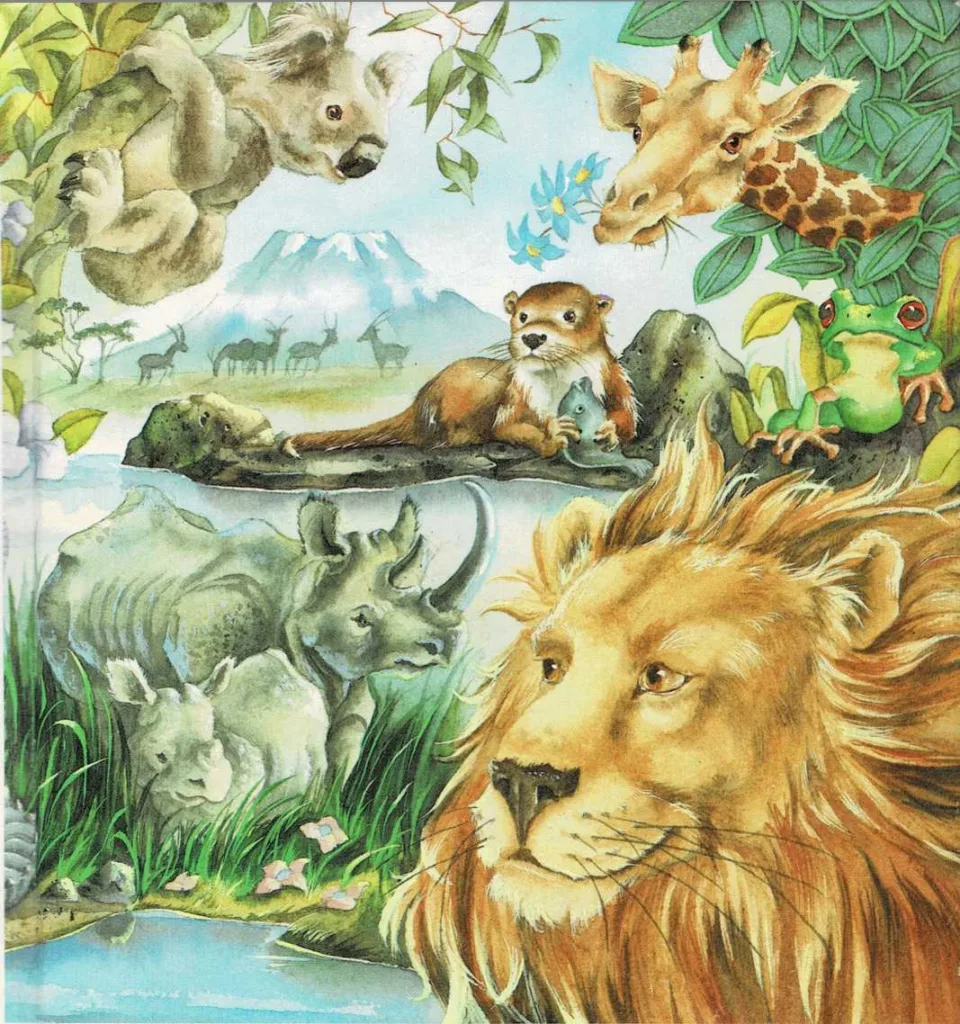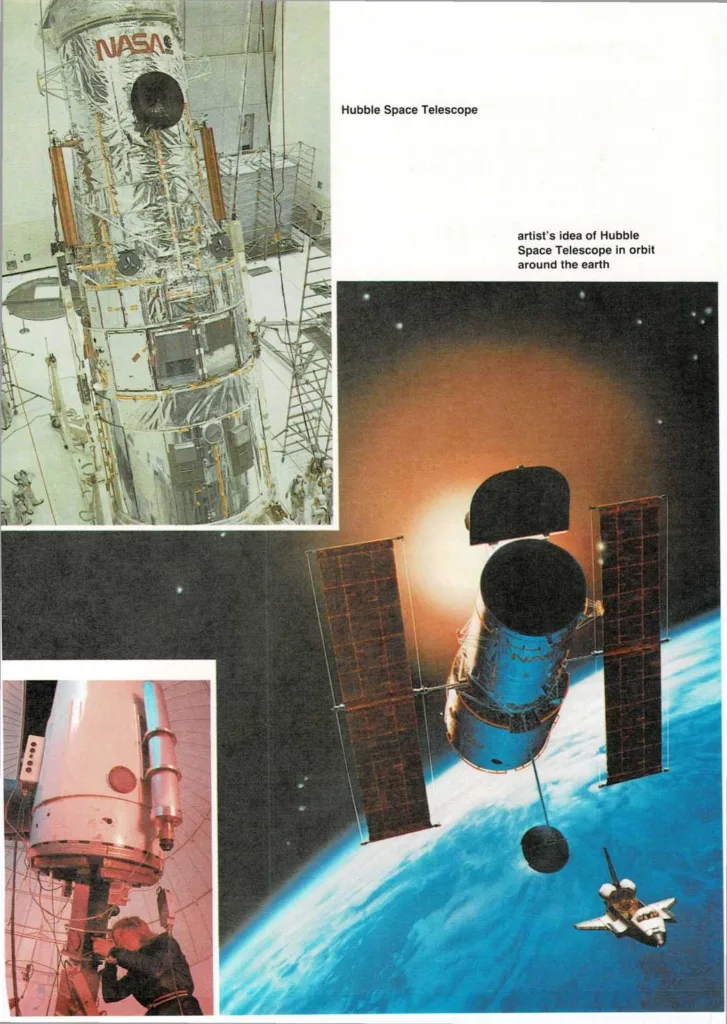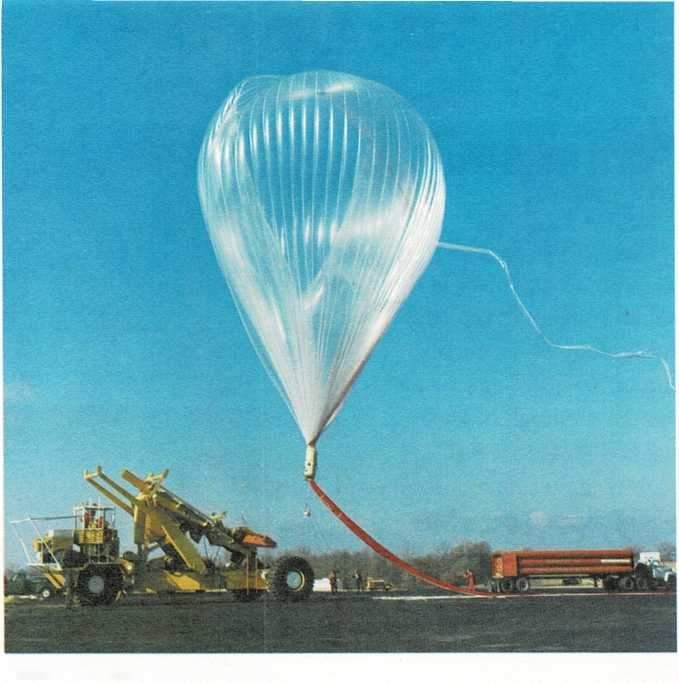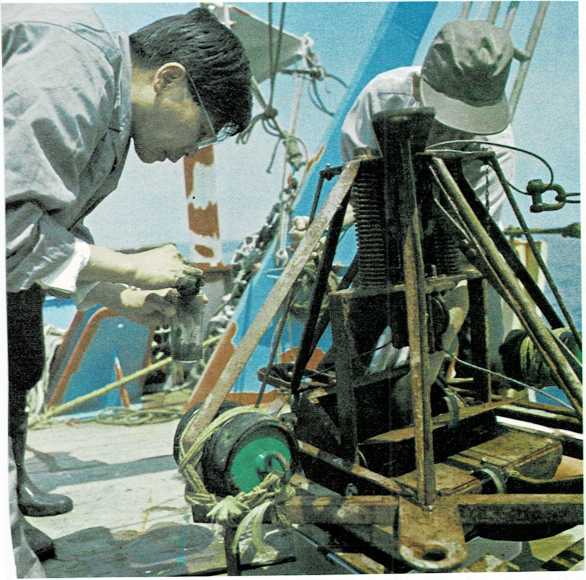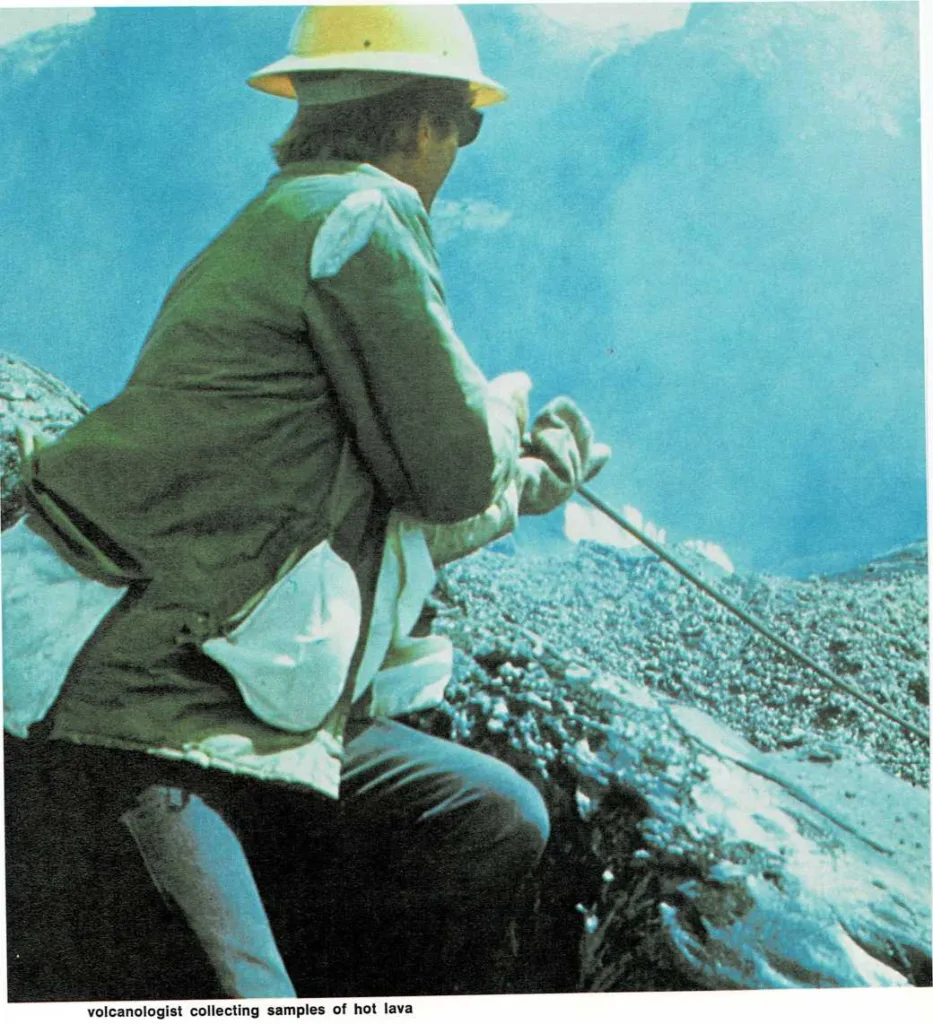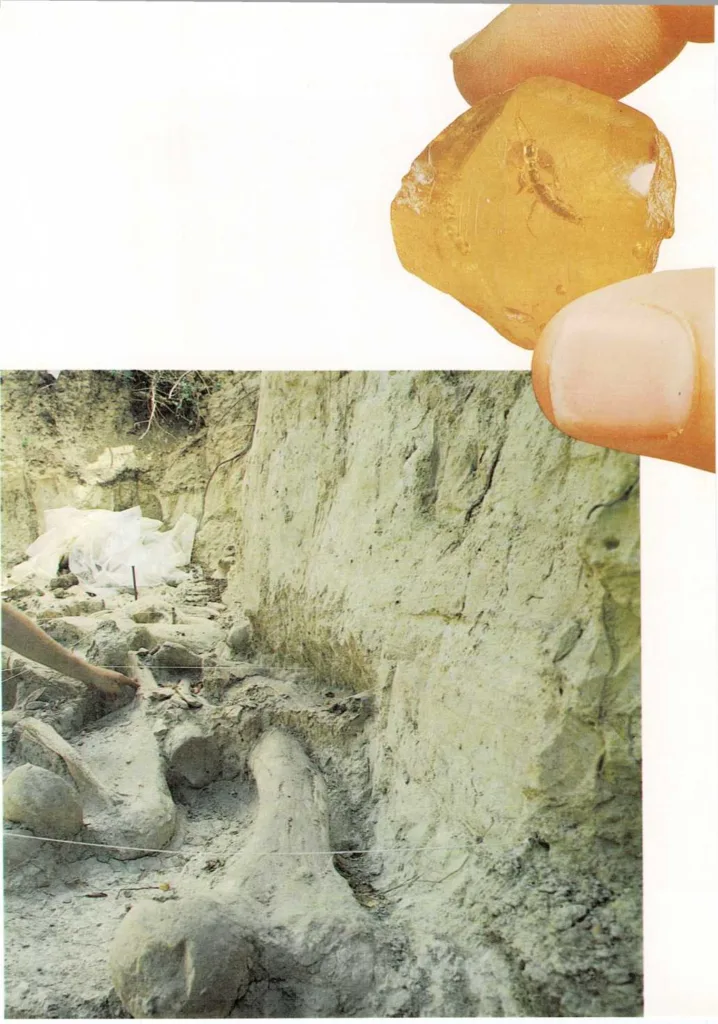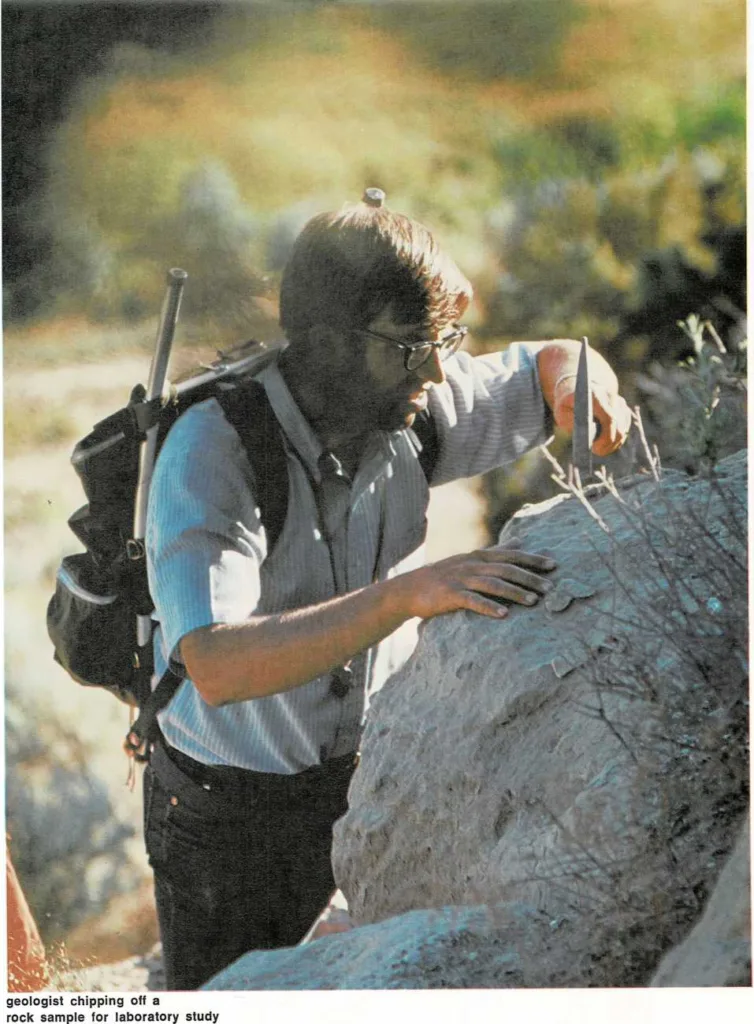Mammals, birds, fish, reptiles, amphibians, and other animals are featured, along with what makes each group special, how different animals fit into the web of life, and how animals and people affect each other.
Books to Read
If you like to read about the world and space, you'll find a wide variety of books to read and enjoy. A few of them are fisted below. Your school or your public library will have many others. Ages 5...
Studying the stars
What is the shape of the universe? Why do stars sometimes explode? Is there life on other planets? Scientists called astronomers and astrophysicists try to answer these and other questions. Most...
Watching the weather
Everyone is a weather watcher. But no one knows for sure what the weather will be like tomorrow or next week--- not even meteorologists. Meteorologists are scientists who study the weather and try...
Learning about the sea
An oceanographer uses a device called a sonar to locate underwater sounds. Behind her is the underwater house she stays in. How long can you hold your breath under water? A few seconds? A minute?...
Volcano watchers
The ground shakes and quivers. Deep in the earth there is a roaring rumble. Suddenly, there is a giant explosion! A cloud of steam, mixed with dust and chunks of rocks, shoots out of the top of the...
Watching for earthquakes
Earthquakes happen all the time. We don't feel most of them. They are just small shakes in the earth. But some earthquakes make the ground tremble, rattle dishes, and even cause buildings to shake....
Cave scientists
Watch your head---there's a stalactite! Oops, don't trip over the stalagmite! Where are you? In a cave! Scientists who study caves are called speleologists. Most caves are dark, slippery tunnels of...
Learning about prehistoric life
Scaly dinosaurs and flying reptiles disappeared from the earth about sixty-five million years ago---long before there were people. Yet there are pictures of these animals in books. How do we know...
Learning about the earth
Who wants to study rocks? Geologists do. Geologists are scientists who "read" rocks as though they were history books. Rocks have a history of their own. They show geologists what the earth was like...

